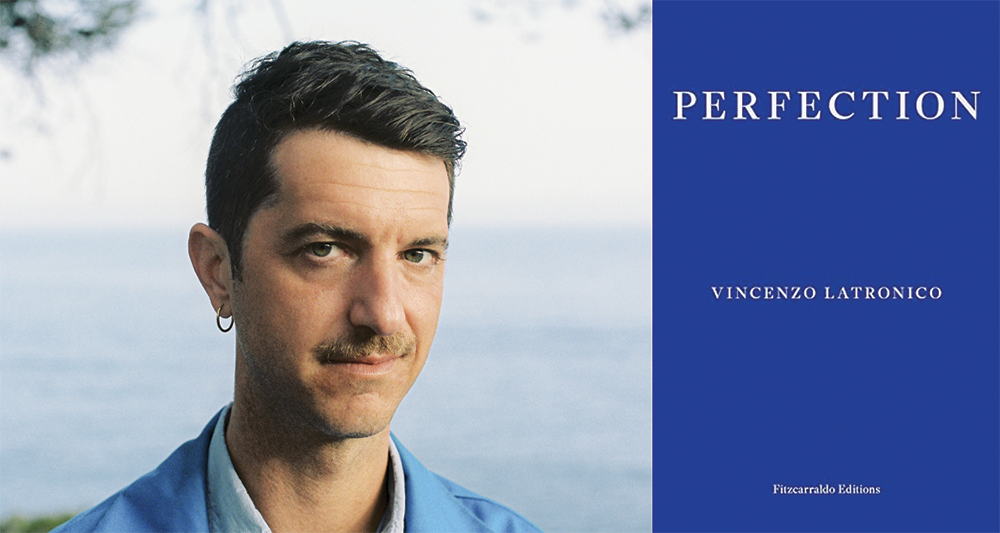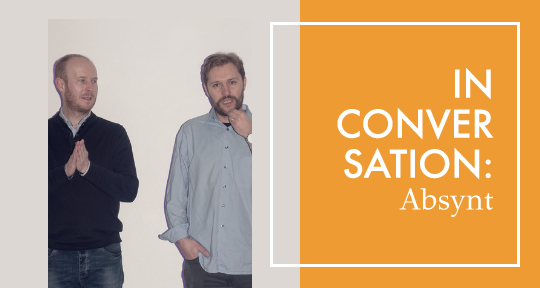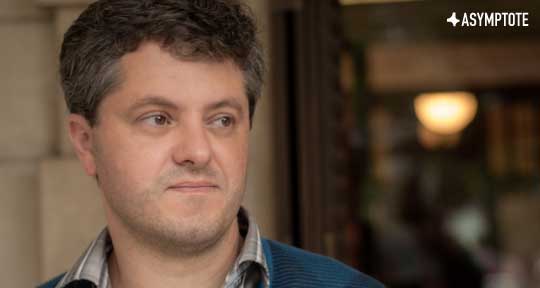Perfection by Vincenzo Latronico, translated from the Italian by Sophie Hughes, Fitzcarraldo Editions, 2025
In the early 2010s, a specific gastronomic corner of the internet flourished alongside the rise of the Instagram aesthetic; food blogging evolved beyond sites run by home cooks from around the world, and social media brought its democratization to full swing. I too was among the converted. My weekends throughout grad school became increasingly spent wandering supermarket aisles in search of capers, plum sauce, sumac, fig jam, and macadamia nuts—which were especially hard to find in India at the time—while around me, artisanal coffee shops serving cold brews were just starting to appear, and the profession of pastry chef was becoming a lucrative pursuit. At the same time, a new generation of photographers emerged in Berlin’s culinary scene, sharing dreamy images of mid-century tables with pastel ceramic bowls of oatmeal and ruby-red berry coulis, positioned in wildflower fields with Photoshopped late-evening glow. Food, like everything else in life, became a highly publicized mode to exhibit the paragons of life, beauty, and self.
Vincenzo Latronico, a Milanese author originally from Rome, has previously written four books, but the Booker International-nominated Perfection is his first to be translated into English. Though the novel is affecting on several levels, it’s important to note that it will resonate differently with readers of various age groups. As a millennial, reading Perfection was like stepping into the looking glass; at times, it felt like the narrator’s striking delineation of the digitally idealized lifestyle, tinged with biting wit, was aimed directly at me. READ MORE…







We Stand With Ukraine: “The Ghost of Kyiv” by B. R. Dionysius
Through his phone’s / cracked canopy he plays you a black streak / over Kyiv
In this week’s edition of literary works written in support and solidarity with the citizens of Ukraine, we are proud to present a poem by B. R. Dionysius. “The Ghost of Kyiv” movingly comments on the distancing voyeurism of watching tragedy unfold from afar, and of wide-ranging human affairs condensed into byte-sized consumption. As we continue to navigate the ever-shifting boundaries between the virtual and the real, Dionysius’ poem works between man and machine, its precise lines edging out the bodies caught within them.
The Ghost of Kyiv
Your son shows you a Tik Tok clip;
You both play Russian computer games.
Simulators that glorify World War Two/
mid-century armour & the cold war era
where each new development increased
penetration; rounds that defeated steel’s
stubborn thickness. You watch your son
take to the skies over maps of Ukraine.
1941. Get shot down a lot. The next best
thing to flying solo. Through his phone’s
cracked canopy he plays you a black streak
over Kyiv; a medieval, barbed arrowhead
punching through the sky’s grey cuirass. For
fifty years the fulcrum has been idle; three up
-grades, engines, radar, missiles, but never seen
combat. Seventies bones good enough to mix
it over the capital with its modern successors,
flankers & frogfeet; a retro jet where the ghost
got good purchase from his re-engineered multi-
role fighter. The first ace in a day in fifty years.
Not since Alam’s F-86 sabre rattled in the Indo-
Pakistani war has the aerial world revelled in six
kills in one day. Your son doesn’t bother to fact
check the video, sold on social media’s bravado;
a pilot’s last stand. He tells you the ghost was shot
down, but ejected. His short clip trimmed to fit.
READ MORE…
Contributor:- B. R. Dionysius
; Place: - Ukraine
; Writer: - B. R. Dionysius
; Tags: - machinery
, - Poetry
, - social commentary
, - social media
, - voyeurism
, - War